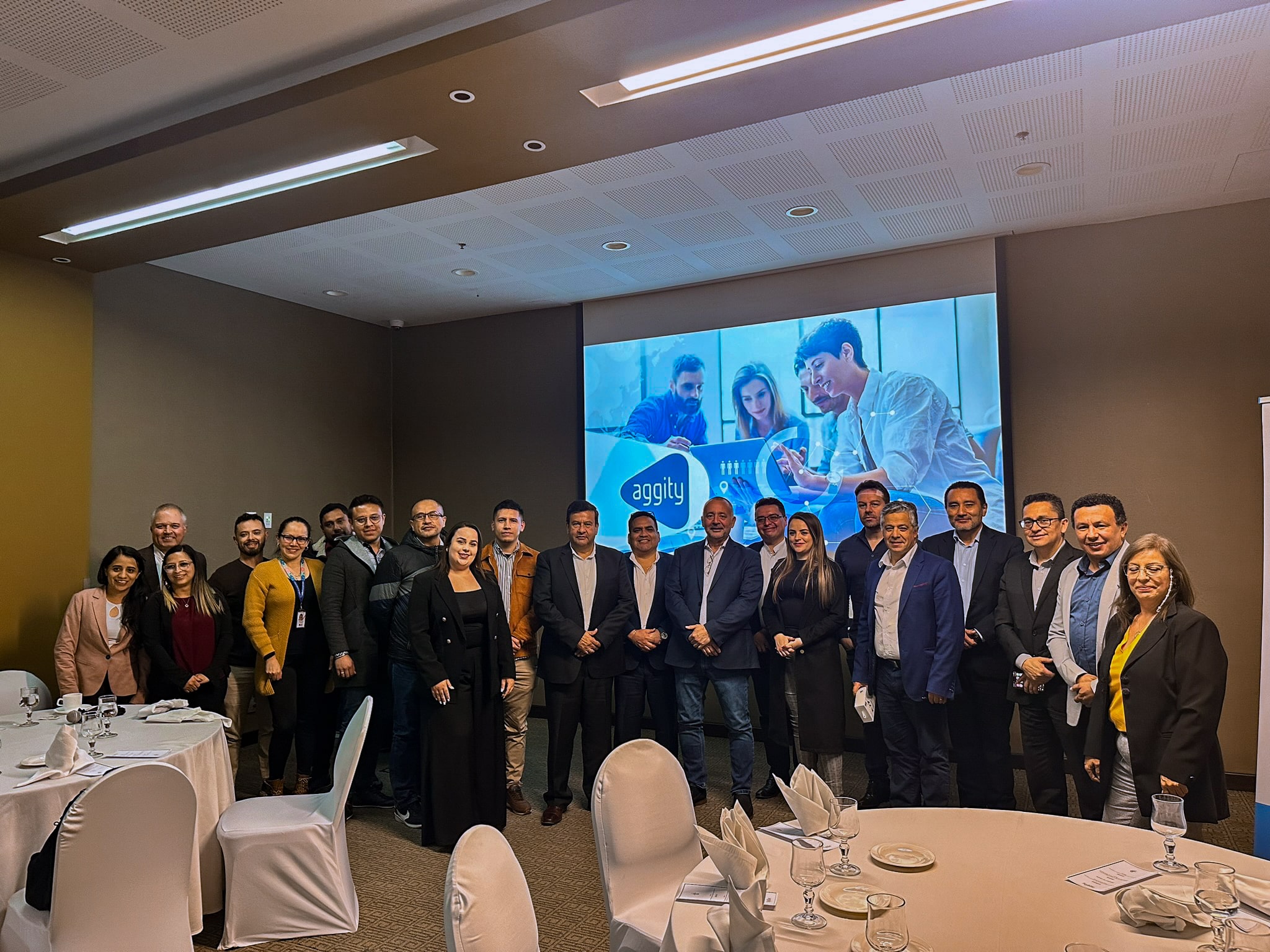Strategic planning in Human Resources

Strategic HR planning is a pillar of company development and expansion. Approaching talent management with a systematic approach ensures employee alignment with corporate vision and objectives and fosters a work environment that promotes satisfaction and growth.
Tabla de contenidos
ToggleDiscover how strategic HR planning can drive your company’s success. Learn the best methods here!
In this article we give guidelines on how to structure a strategic human resources planning at a time when the talent crisis affecting a good part of the companies in any sector is a constant.
The guidelines for developing this strategy include different sections that will enable the design and execution of a correct talent management strategy or the promotion of organizational culture, among others.
Analysis of future needs
One of the key elements when carrying out strategic human resources planning is to identify the competencies and skills that will be necessary for the company’s future operations.
To this end, it is necessary to analyze labor market trends, focusing on areas such as skills shortages, emerging technologies and changing employee expectations. Identifying the critical skills that will be needed in the future allows organizations to establish employee engagement or strategic recruitment strategies.
Technology and the use of a solution such as BesTalent IA by aggity, will help to perform a complete analysis of the future needs that a company may have. It can be used to evaluate the development of job skills needed for the future or succession planning for different positions.

Alignment with corporate strategy
One of the main objectives of human resources departments is that their plans are perfectly aligned with the organization’s strategy so that employees will be a key driver in helping the company achieve its objectives.
For this reason, HR departments need to understand what the organization’s goals are in order to select the right talent. In addition, when it comes to building employee loyalty, human resources managers must be clear that these employees share the company’s culture and values.
Organizational culture and engagement
In a strategic human resources planning, organizational climate and culture are of particular importance. It is this culture that will make it possible for employees to be committed to the organization and, therefore, will help to prevent them from leaving for competing companies.
Employee engagement depends on employees finding motivations such as the company’s concern for the company’s occupational wellness and health at workthe possibilities they have of training and professional developmentthe diversity and inclusion in the workplace and the benefits and compensation obtained. All these aspects will reinforce the organizational culture and enhance employee engagement.

Use of technology and Analytics in HR
Technology is a great ally when it comes to executing strategic human resources planning. Within them, again, solutions such as BesTalent IA by aggity, which make use of data analytics and artificial intelligence, allow to improve decisions and optimize company processes and policies.
Such a platform includes a human resources information system (HRIS), which integrates functions such as the payroll, the time management and the recruitment on a centralized platform; in addition to solutions that make use of analytics, AI and machine learning to improve the efficiency in competency-based selection of candidatespredict employee turnover, carry out staffing needs analysis or make reports on performance evaluation to develop customized professional development programs.
Últimos posts

aggity strengthens its commitment to sustainability as a SILVER partner of “Fundación Empresa & Clima”.
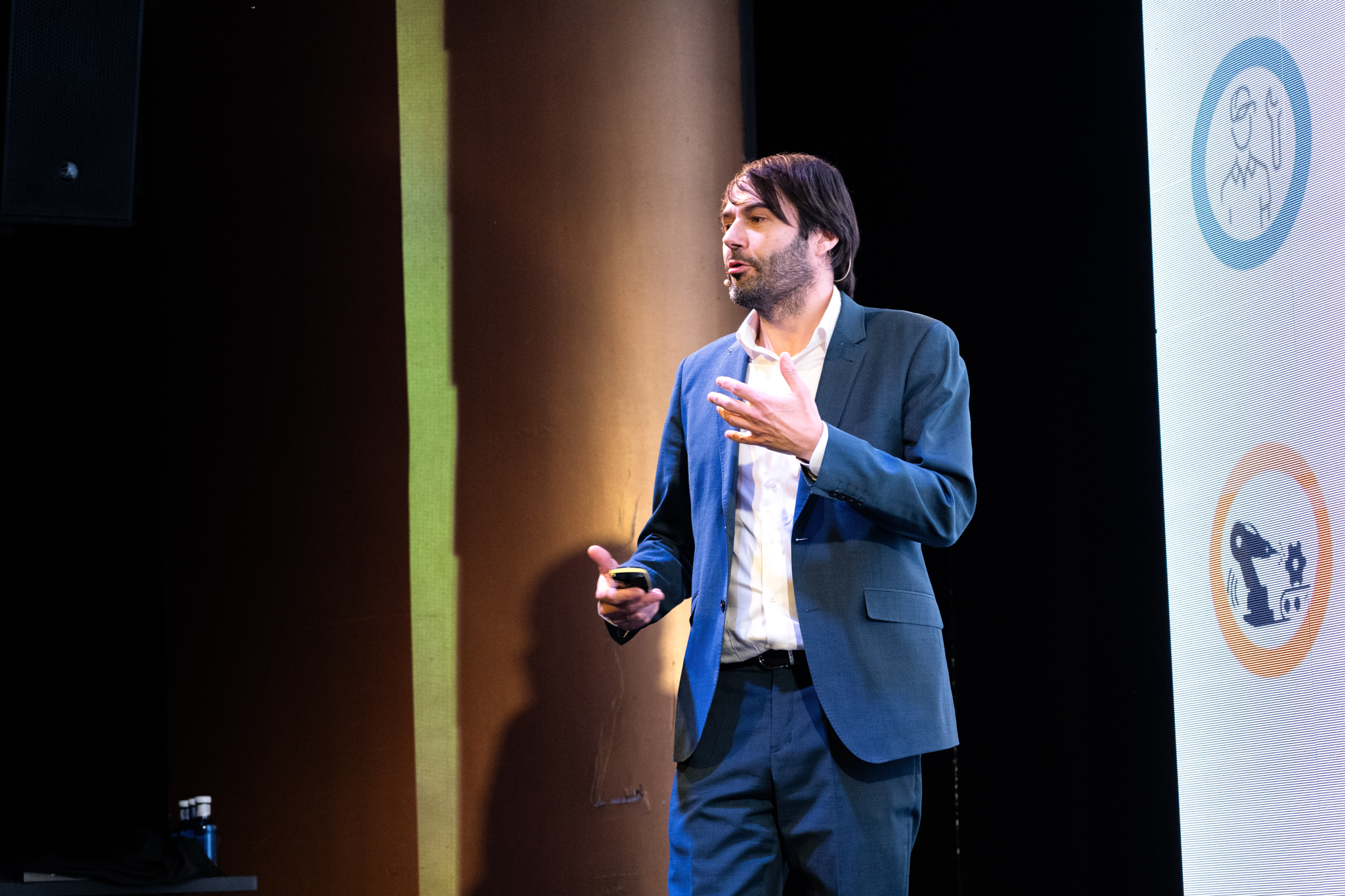
aggity participates in the IBM Ecosystem Summit 2024 with an applied case of Generative AI in the food industry
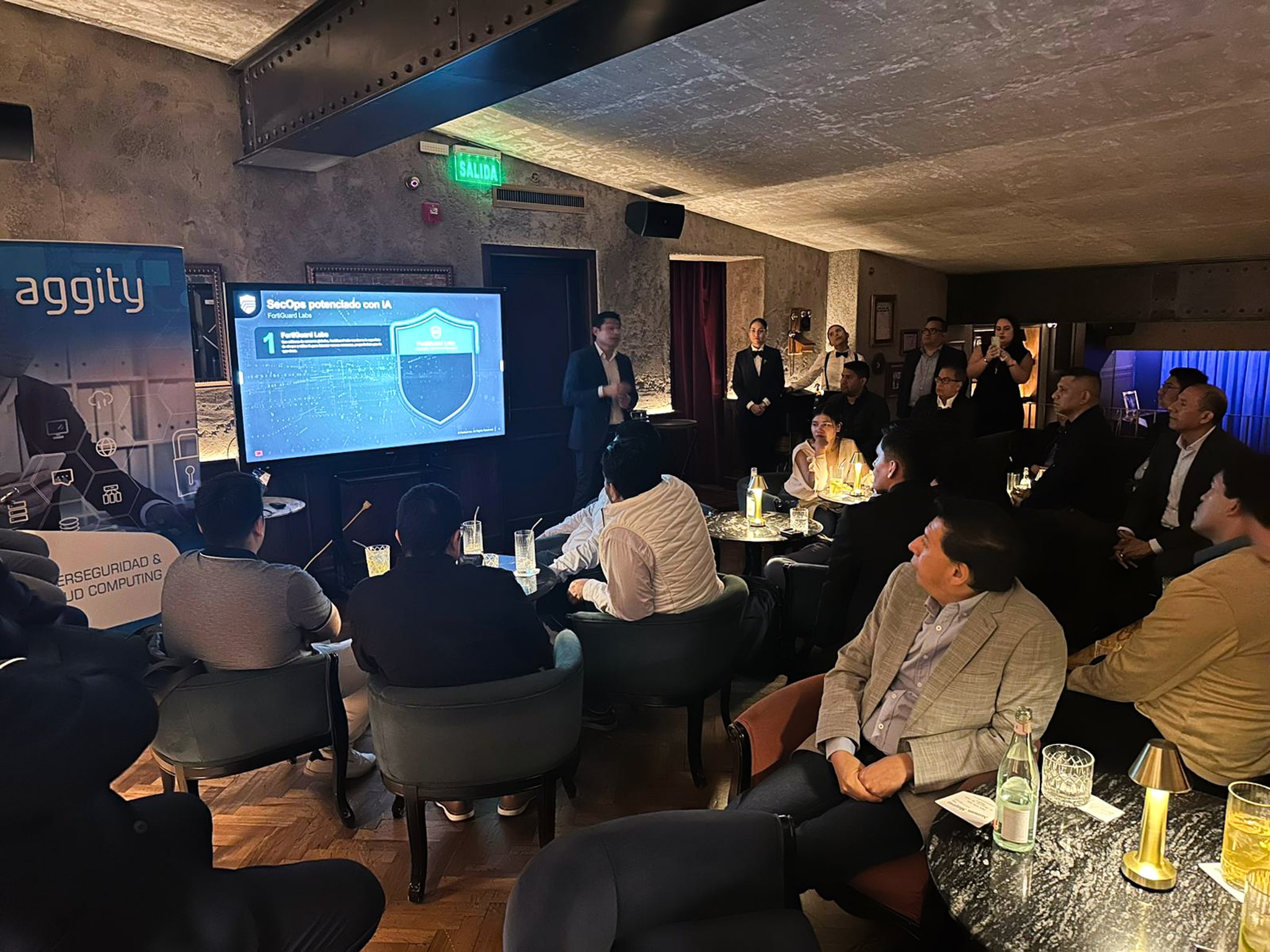
Aggity, together with the multinational Fortinet, present an exclusive event in Lima on the application of Generative AI in Corporate Cybersecurity.
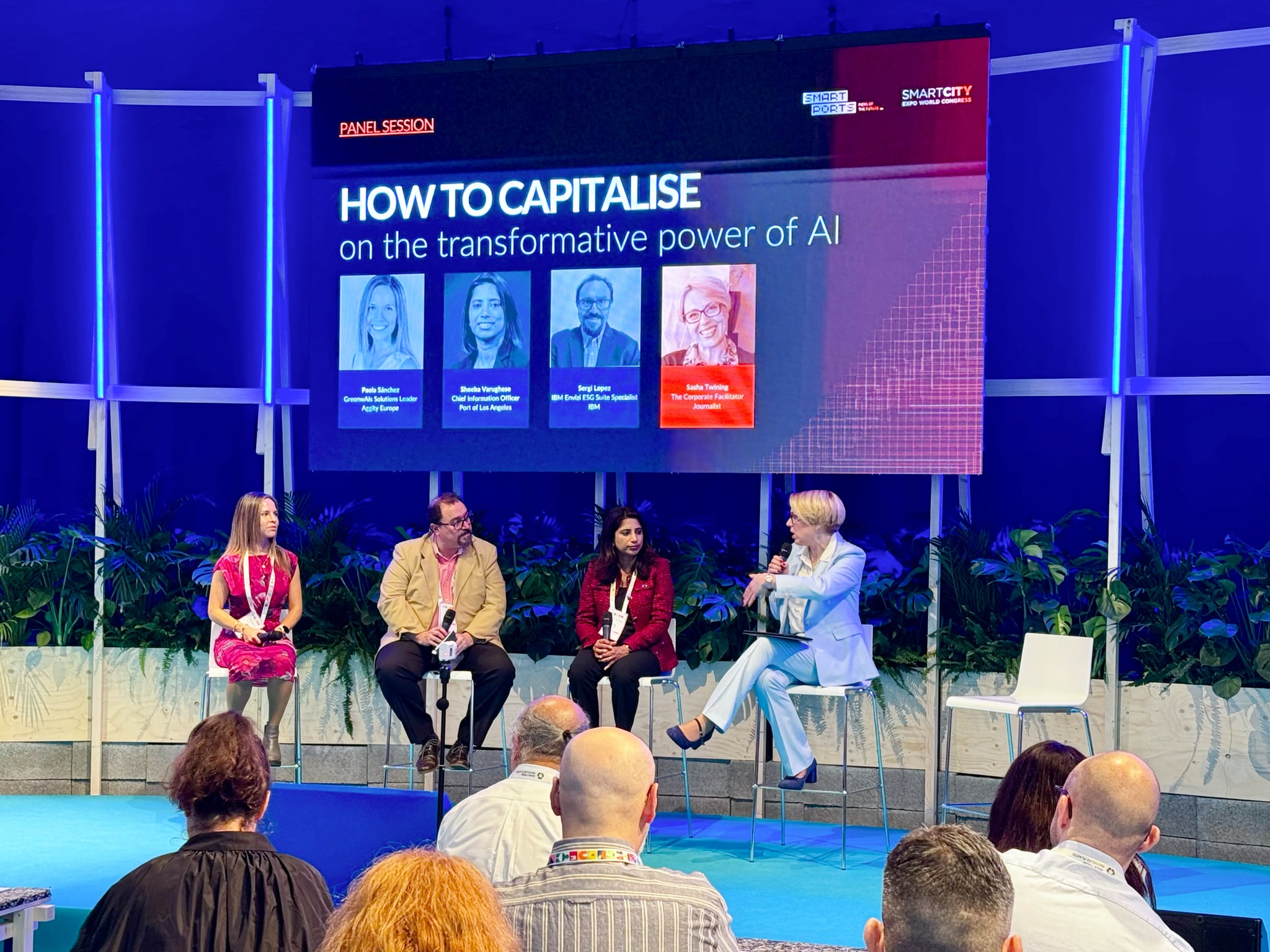
aggity participates in Smart Ports: Piers of the Future

aggity Supports the Contigo Foundation at its Annual Dinner
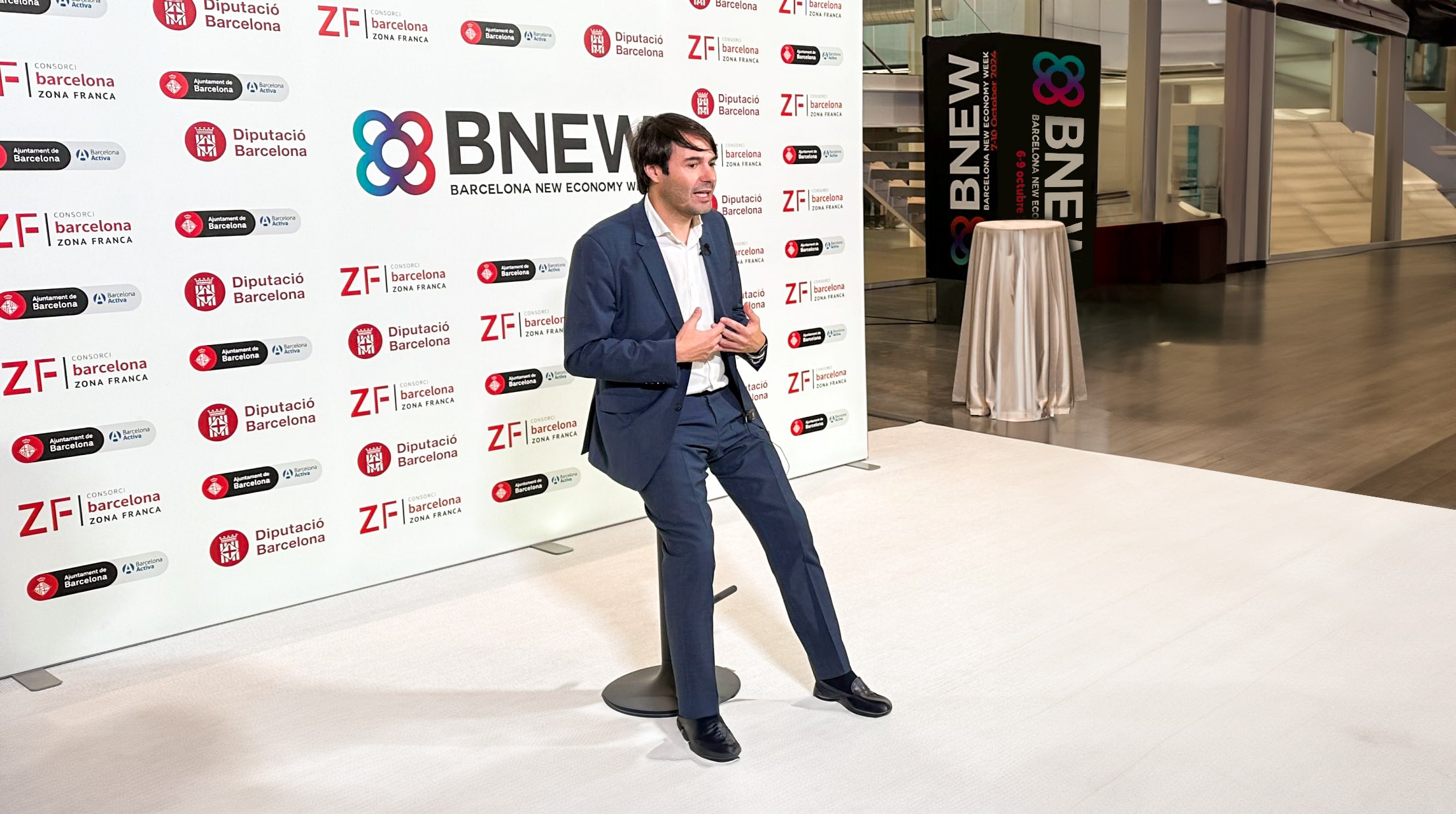
Challenges and Opportunities of Generative AI in Industry: Our Experience at BNEW

Official Liferay Partner in Spain
